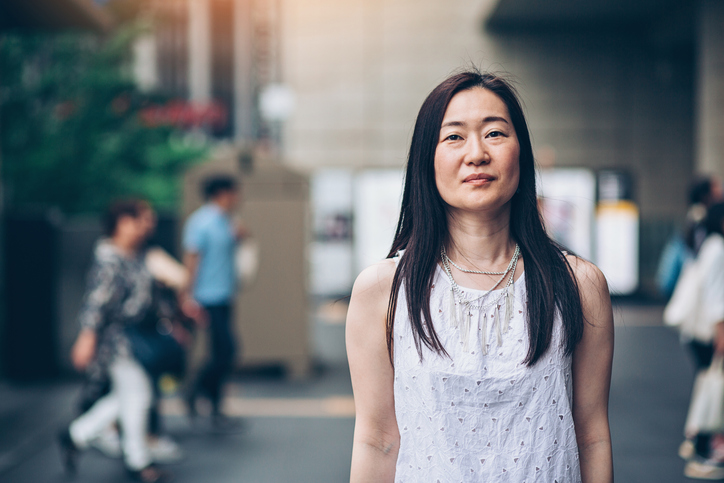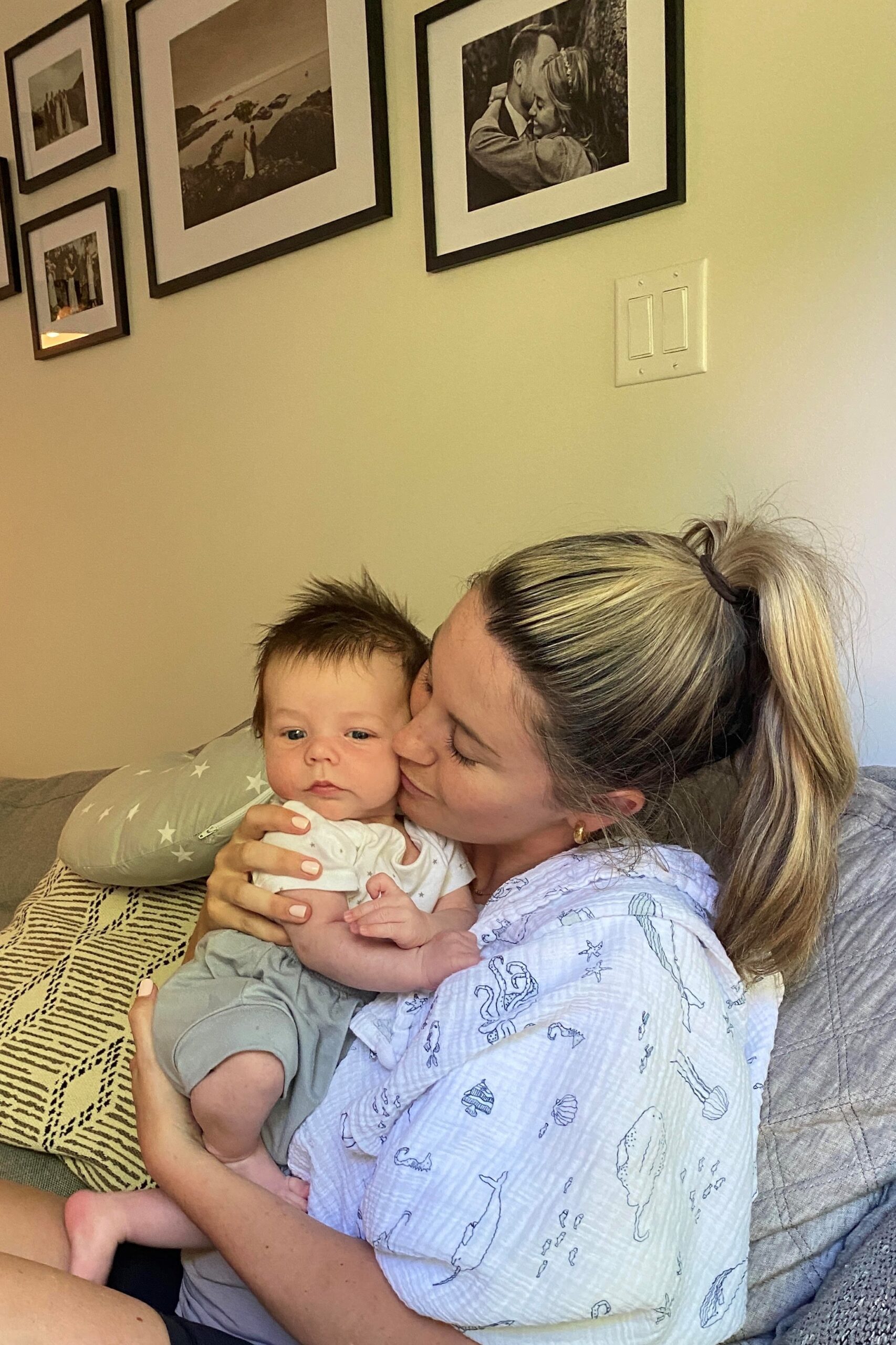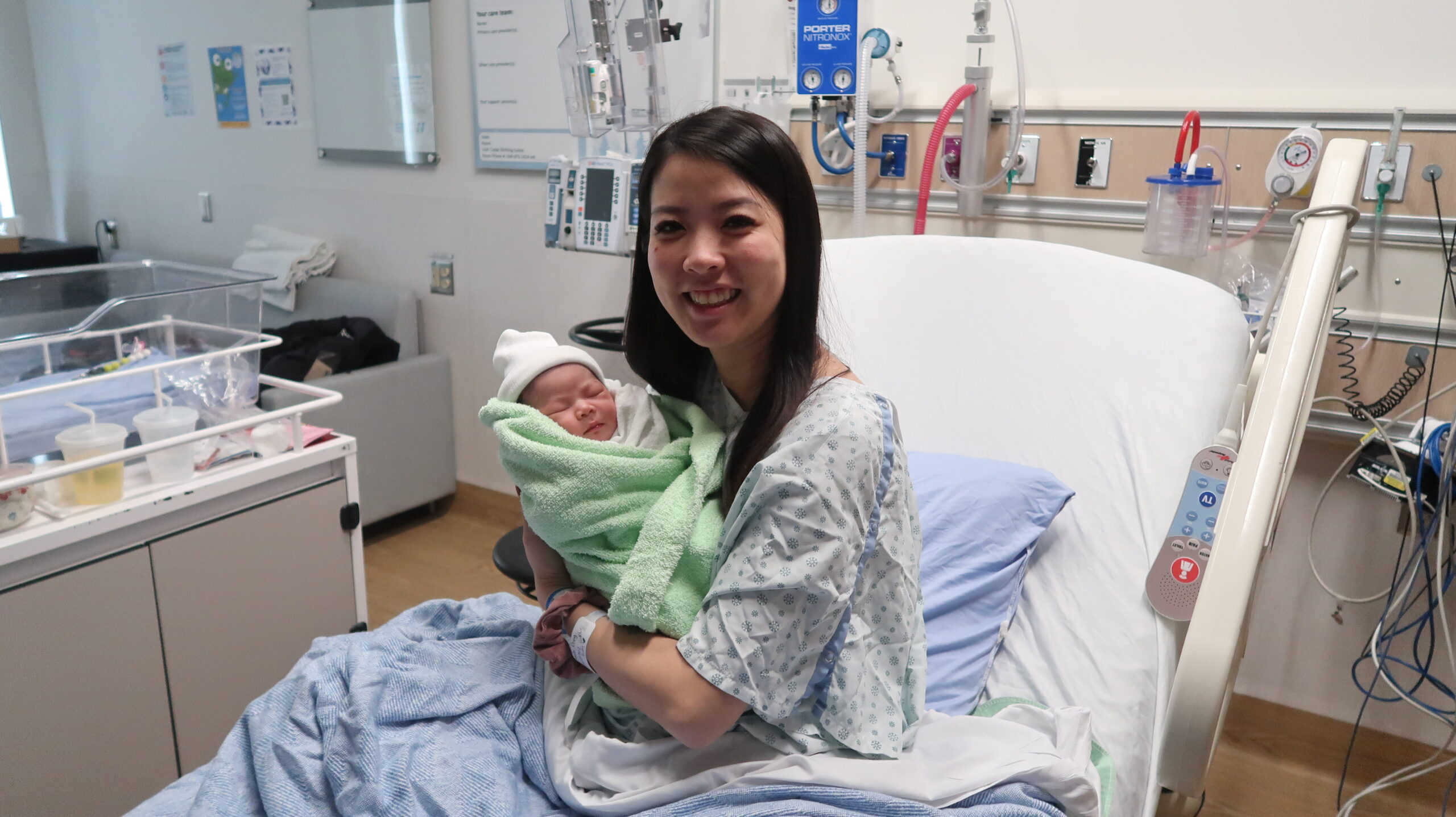
The World Health Organization recently added burnout to its handbook of diseases.
This has implications for all of us. But we also know that women are twice as likely to suffer from severe stress and anxiety as men. So we did some digging into what we’re calling the “stress gap.”
We’re really looking at two discrepancies.
First, women do more unpaid domestic work. Second, women take on more emotional labour. These both have very tangible mental and physical health consequences.
The United Nations reports women do nearly three times as much unpaid domestic work as men. Housework is so often overlooked, even though it’s as laborious as any paid job… if not more.
Further, one study found that men are more likely to remain in full-time work for the entirety of their careers, while up to 40 percent of women go part-time at some point to care for children or elderly relatives. And once they’re back to full-time, many can testify to the juggling act of feeling permanently on-call, or the guilt of not doing enough.
But the good news is, women are actually more likely to take charge of their stress and manage it.
Here are three things that can help:
- Self care. And no, we don’t mean treating yourself to some expensive face mask. We mean going back to the basics – sleep, diet and exercise.
- Know your triggers. We often chalk up our stress to broader experiences, like “work” or “family.” But each potential stressor warrants a unique response, so getting specific can help.
- Talk about it. It’s way too common for women to feel their stress is unwarranted. Talking about it can be, and should be, validating.
We get that there’s something slightly ironic about offering these three solutions. Dedicating a bit of that emotional labour to yourself can go a long way. But at the end of the day, we’ve still just offered a few more unpaid tasks to add to the list women already take on every day.
That’s why we also think employers need to really consider the benefits they’re providing. Things like enhanced parental leave and flexible work arrangements. Closing the stress gap is everyone’s responsibility, not just women.
Keep reading:
- There’s a Stress Gap Between Men and Women. Here’s Why It’s Important.
- Working mothers ‘up to 40% more stressed’
- Guilt over household chores is ‘harming working women’s health’
Disclaimer: BC Women’s Health Foundation is BC’s largest non-profit organization dedicated to advancing the full spectrum of women’s health. The information shared on our website or social media is not intended to be a substitute for professional medical advice, diagnosis, or treatment. Always seek the advice of a qualified health provider with any questions about your medical condition.



